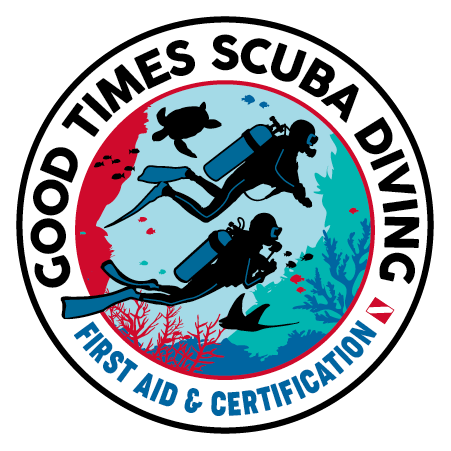Scuba Diver Speciality Training
Training options include:
- Deep Diver: Knowledge and skills to plan and make deep dives while minimizing risks and avoiding the need for staged decompression. Deep diving is defined as dives made between 60 and 130 feet (18 and 40 m).
- Drysuit Diver: Training in the use of drysuits, their thermal protection options, controls and buoyancy characteristics.
- Full Face Mask Diver: For certified divers in the safe and proper use of Full Face Masks including features, function, normal operations/use as well as contingency procedures.
- Night & Limited Visibility Diver: Provides skin and scuba divers with skills and knowledge to minimize risks of diving at night.
- Search & Recovery Diver: Training for underwater tasks commonly needed by the experienced recreational diver and to minimize their risks while searching for and recovering lost items in the aquatic environment.
- Sidemount Diver: Gain experience and minimize risk while conducting open water dives utilizing a sidemount scuba equipment configuration within the no decompression limits.
- Underwater Digital Imaging - Photography Diver: Continuing education course for certified divers to better enjoy digital photography while minimizing risks. Covers underwater imaging, utilizing underwater photographic and/or videographic equipment and techniques.
- Underwater Hunting & Collecting: Spearfishing instruction, game and specimen collection, and diving risk minimization.
- Underwater Naturalist - Marine EcoSystem Awareness: A continuing education course to further study physical and biological aspects of the diving environment, with emphasis on local areas. Experience either kelp forest, coral reef, or freshwater environments and the methods used by underwater ecologists.
- Wreck Diver (External Survey): Acquire skills and knowledge to gain experience and minimize risks in wreck diving. Wreck diving (external survey) is defined as diving around a sunken vessel, aircraft or debris field.
